 |
Dr. Michael Meaney
|
Dr. Michael J Meaney is a James McGill Professor of Medicine in the Departments of Psychiatry and Neurology & Neurosurgery at McGill University situated at the Douglas Mental health University Institute. He is the Director of the Maternal Adversity, Vulnerability and Neurodevelopment Project. Meaney also joined the Singapore Institute for Clinical Sciences in 2008 as a Senior Investigator and leads the Integrative Neuroscience Program. Meaney was educated at Loyola College of Montreal and received his PhD from Concordia University (Montreal) with post-doctoral training in Cell and Molecular Neurobiology at The Rockefeller University. Meaney’s primary research interest is that of the stable effects of early experience on gene expression and development, focusing on the influence of variations in maternal care. These studies have led to the discovery of novel epigenetic mechanisms for the influence of early experience. Meaney’s research is multidisciplinary and includes studies of behaviour and physiology, to molecular biology and genetics. He has authored over 375 journal articles. Graduates from Meaney’s lab holds faculty appointments across North America, Asia and Europe, including Columbia University, Queen’s University, University of California at Berkley, University of British Columbia, University of Michigan, University of Pennsylvania, the University of Toronto, INSERM (France) and the RIKEN Institute of Japan.
Michael Meaney is credited with launching the fusion of epigenetics and neuroscience. His highly original and innovative research used rodent models to measure how variations in early social conditions, especially maternal care, led to changes in the transcription of specific genes that regulate adult stress responses and synaptic plasticity. Subsequent studies identified key differences in DNA methylation in the promotor region for these same genes, and also showed that reversal of the epigenetic state reversed the changes in gene transcription and stress responses. The resulting paper, published in Nature Neuroscience, has become the most highly-cited paper in that journal. “Neuroepigenetics” is now one of the fastest-growing fields in neuroscience.
Working with post-mortem human brain tissue, Dr. Meaney and his collaborators have shown that the DNA methylation status of a set of genes first identified in rodents were similarly methylated in humans as a function of adverse childhood experience – essentially revealing a molecular imprint from childhood mistreatment. His lab is now pursuing next-generation sequencing analysis that will define epigenetic states across the genome in relation to environmental conditions in early life.
“These studies provided a biological framework for our understanding of the interaction between the forces of ‘nature’ and ‘nurture,’ wrote Eric Kandel, a Professor in the Department of Neuroscience at Columbia University, adding that Dr. Meaney’s work has “profound implications for public health policy.”
With funding from Brain Canada, Dr. Meaney created the Canadian Neuroepigenetic Network, linking researchers at several Canadian universities, to focus on translating studies of the epigenome into clinical practice and prevention/intervention programs. He leads the development of integrative neuroscience as Associate Director of the Singapore Institute for Clinical Sciences, where he is overseeing a birth cohort study that will track epigenomic variations in relation to neurodevelopmental outcomes. He also is the Scientific Co-Director of the Ludmer Centre for Neuroinformatics and Mental Health at McGill University, which aims to provide the computational resources to better understand the biological basis for vulnerability to mental disorders and provide an empirical basis for diagnosis and expected treatment outcomes.
Recognized by the Institute for Scientific Information as a “most highly-cited scientist” in the area of neuroscience, Dr. Meaney received the Kerman Award from Cornell University, the Klaus J. Jacobs Research Prize from the Jacobs Foundation, the Distinguished Investigator Award from the Brain & Behavior Research Foundation, and was honoured as a Presidential Scholar by the University of California, San Francisco.
Research Interests
- Biological basis of vulnerability for psychopathology
- Biology of gene x environment Interactions
- Epigenetic regulation of gene expression
- Social influences on gene expression and brain development.
- Epigenetics: when the environment modifies the genes
- Michael Meaney: Wie die Zuwendung der Eltern die Stressvulnerabilität beeinflusst: Molekularbiologische Grundlagen sozialer Erfahrung
- The Genetic Ripple Effect of Hardship
- Ein Gespräch mit dem Neurobiologen Michael Meaney_ Mütterliche Zuwendung mildert die Stressempfindlichkeit
- Is Trauma Genetic? Scientists Say Parents Are Passing PTSD to Kids
- Douglas neurobiologist wins Wilder-Penfield Prize
- The complicated case of the happy child
- The Way to Beat Poverty
- Grossesse en Détresse
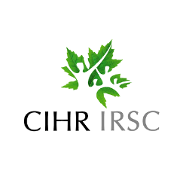 |
 |
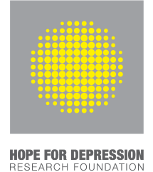 |
 |
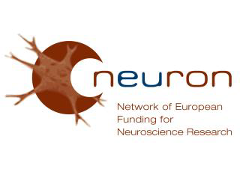 |
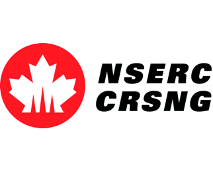 |
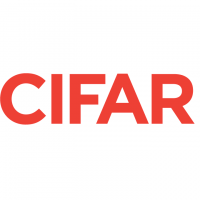 |
 |
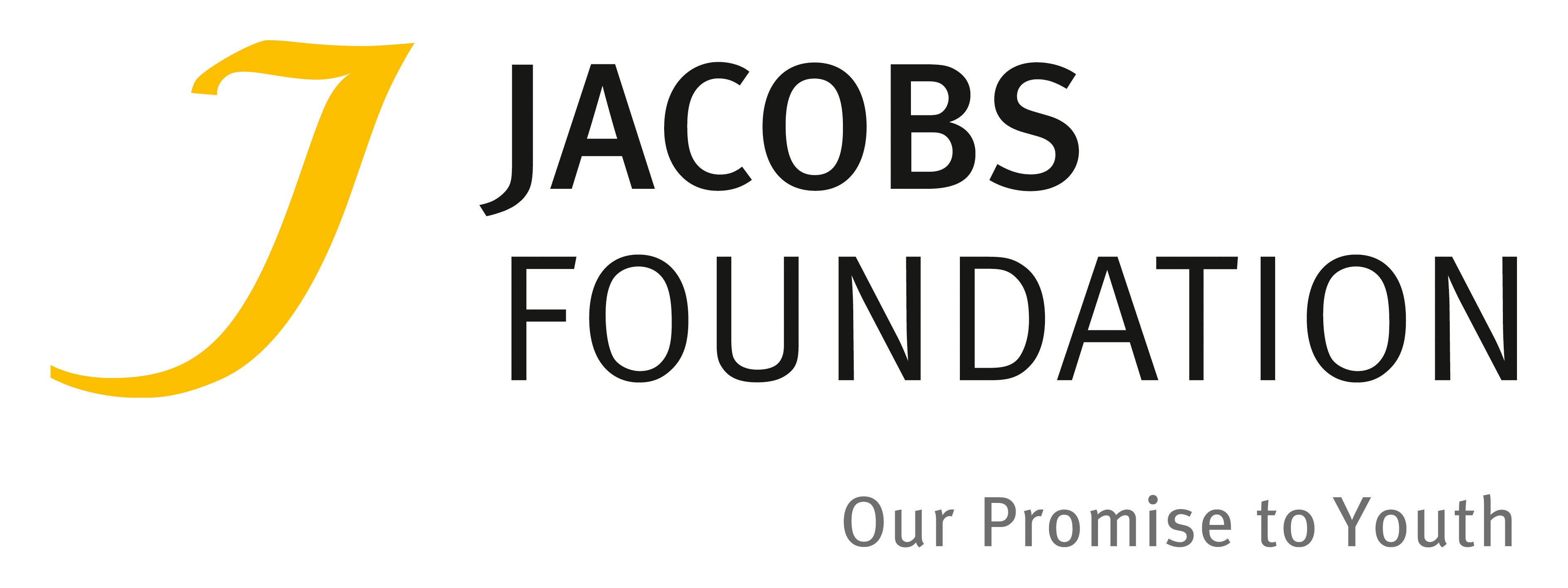 |
SACKLER PROGRAM FOR EPIGENETICS & PSYCHOBIOLOGY AT MCGILL UNIVERSITY